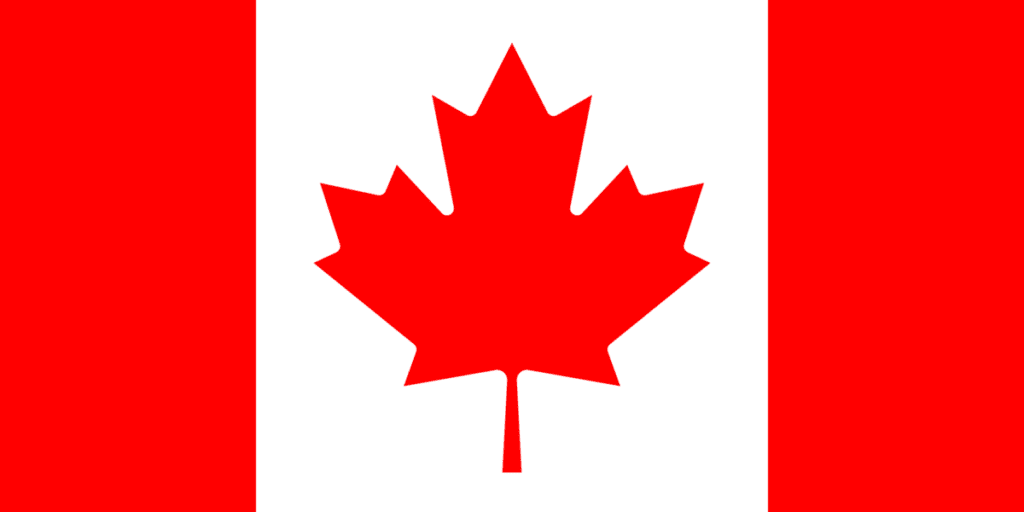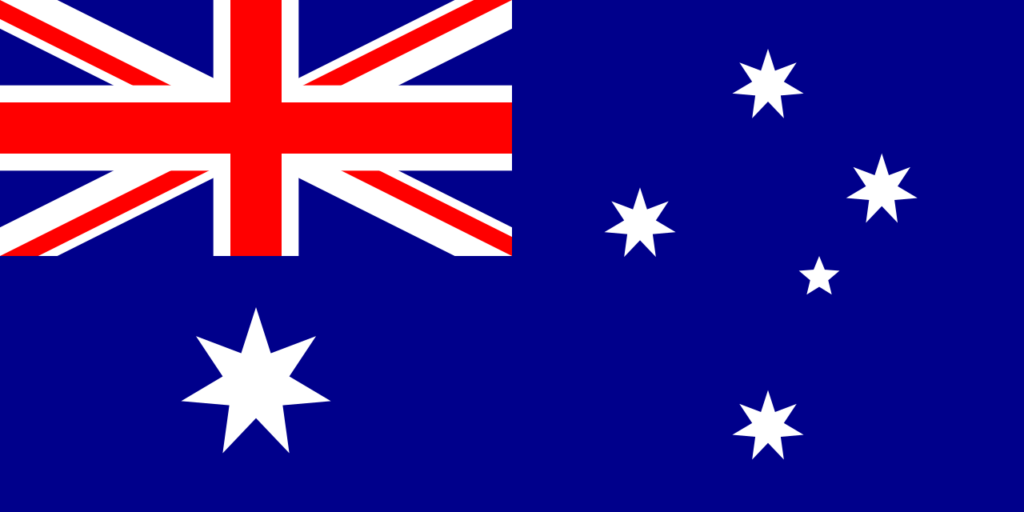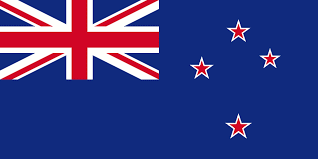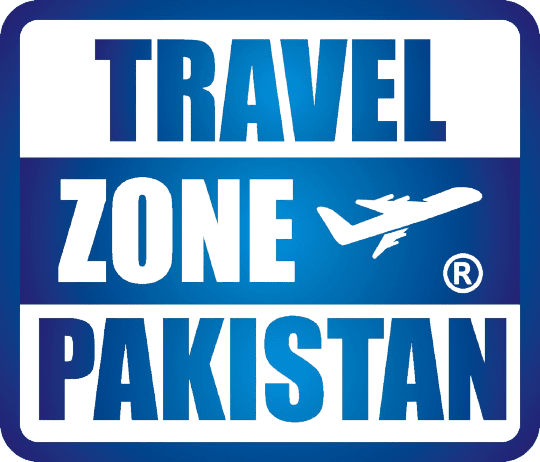- Home
- Singapore
Singapore
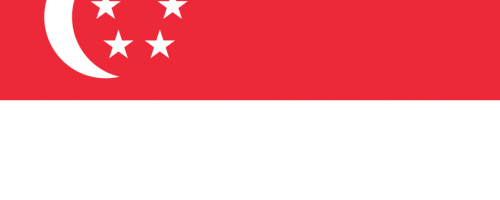
About Singapore
- Location: Singapore is a city-state located in Southeast Asia, situated at the southern tip of the Malay Peninsula. It is separated from Malaysia by the Strait of Johor and is connected to the Indonesian island of Batam by the Singapore Strait.
- Capital: Singapore is both a city and a country, so its capital is the city of Singapore.
- Population: As of my last knowledge update in September 2021, Singapore had a population of over 5.8 million people. It is known for its multicultural and diverse society.
- Official Languages: Singapore has four official languages: English, Malay, Mandarin Chinese, and Tamil.
- Government: Singapore is a parliamentary republic with a Westminster-style parliamentary system. It has a President as the head of state and a Prime Minister as the head of government.
- Economy: Singapore has a highly developed and prosperous economy. It is a global financial center and is known for its free-market policies, trade, and a strong manufacturing and services sector. The country has a reputation for its business-friendly environment.
- History: Singapore has a history of British colonial rule and was briefly part of Malaysia before gaining independence in 1965. It has since grown into a major global economic hub.
- Culture: Singapore’s culture is a melting pot of various ethnicities and cultures, including Malay, Chinese, Indian, and European influences. It is known for its diverse culinary scene, vibrant festivals, and modern architecture.
- Education: Singapore has a highly regarded education system and is known for its emphasis on science, mathematics, and technology. It has several prestigious universities and is a hub for academic excellence in Asia.
- Landscapes: Singapore is a small city-state with limited natural landscapes, but it has made significant efforts to incorporate green spaces into the urban environment. It is also known for its iconic skyline, modern architecture, and beautiful cityscapes.
- Tourism: Singapore is a popular tourist destination, attracting visitors to its modern attractions, such as the Marina Bay Sands, Gardens by the Bay, Sentosa Island, and its diverse culinary experiences. The city-state is also known for its efficient public transportation system and vibrant shopping districts.
Education: Singapore is renowned for its world-class education system, with prestigious institutions like the National University of Singapore (NUS), Nanyang Technological University (NTU), and Singapore Management University (SMU). The country offers a wide range of academic programs, including bachelor’s, master’s, and doctoral degrees, attracting a diverse international student population. International students can access comprehensive information on admissions, scholarships, and student support through official sources. Singapore’s education system is characterized by a strong focus on science, technology, engineering, and mathematics (STEM) education, making it an attractive destination for those interested in these fields.
Culture: Singapore’s culture is a reflection of its multicultural society, with influences from Chinese, Malay, Indian, and Western traditions. The nation celebrates various cultural festivals, including Chinese New Year, Hari Raya, Deepavali, and Christmas, reflecting its diversity. Singapore is known for its vibrant arts scene, with events like the Singapore International Film Festival and the Singapore Arts Festival. The country places a strong emphasis on preserving its cultural heritage, with historic neighborhoods like Chinatown and Little India showcasing traditional architecture, cuisine, and customs. Singapore is also dedicated to promoting contemporary art and design, with initiatives like the Singapore Design Week.
Economy: Singapore boasts a highly developed and diversified economy with key strengths in finance, technology, trade, and manufacturing. The country is a global financial hub, with a robust banking and financial services sector. Singapore’s strategic location as a major international port and transportation hub has contributed to its economic success. The nation has a thriving technology and innovation sector, with initiatives like Smart Nation driving digital transformation. Economic policies are influenced by institutions like the Monetary Authority of Singapore (MAS), which plays a central role in shaping monetary policy. Singapore actively participates in international trade, with trade agreements like the Comprehensive and Progressive Agreement for Trans-Pacific Partnership (CPTPP).
Health: Singapore provides a high-standard healthcare system, characterized by universal access to essential medical services. The Ministry of Health oversees healthcare policies and initiatives, contributing to the effective management of health crises and public health. Singapore is known for its excellent healthcare infrastructure, advanced medical research, and state-of-the-art medical facilities. The country actively promotes public health initiatives, such as anti-smoking campaigns and vaccination programs. Mental health services are widely accessible, with organizations and healthcare providers dedicated to psychological well-being. Singapore’s healthcare system is recognized for its quality of care, research, and overall public health.
Why Migrate?
- Economic Opportunities: Many people migrate in search of better job prospects and higher income. They may move to a new country or region where they believe they can find higher-paying jobs and improve their standard of living.
- Education: Migration for educational purposes is common, especially among students seeking quality education and specific courses or programs that may not be available in their home country. This often leads to temporary or long-term international study.
- Family Reunification: Some people migrate to join family members who have already migrated to another country. Family reunification is a common reason for immigration, particularly in countries with family sponsorship programs.
- Safety and Security: Individuals may migrate to escape conflict, persecution, or threats to their safety. Seeking asylum or refugee status is a form of migration often driven by safety concerns.
- Quality of Life: People sometimes migrate to improve their overall quality of life. This can include factors such as better healthcare, a cleaner environment, lower crime rates, and an improved work-life balance.
- Political and Social Reasons: People may migrate due to political instability, discrimination, or social unrest in their home country. They seek a more stable and inclusive environment.
- Retirement: Some individuals migrate after retirement to enjoy a more favorable climate, cost of living, or healthcare system in another location.
- Adventure and Exploration: A sense of adventure and the desire to explore new cultures and experiences can drive migration. Some individuals move to experience a different way of life.
- Entrepreneurship and Business: Entrepreneurs and business professionals often migrate to expand their businesses or tap into new markets, taking advantage of economic opportunities in other regions.
- Natural Disasters and Environmental Factors: Climate change and natural disasters can force people to migrate due to the destruction of their homes and livelihoods.
Contact Us
We value your feedback, questions, and inquiries. Please don’t hesitate to get in touch with us using the following contact information:
Phone:
Suleman Mandra +923111808111
Danish Mandra +923223344402
Email:
Business Hours: Mon To Sat 10pm – 6pm
Address: 15th Floor, Saima Trade Tower, 1508 B, Block B I.I Chundrigar Rd, Karachi, 74400
Connect with Us on social media:
- Facebook: https://www.facebook.com/Tzonepk/
- LinkedIn: https://pk.linkedin.com/company/travel-zone-pakistan/
- YouTube: https://www.youtube.com/@TravelZonePak/
